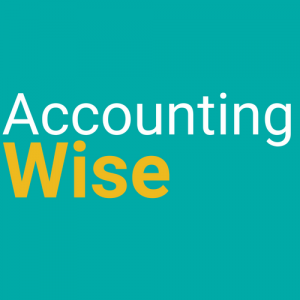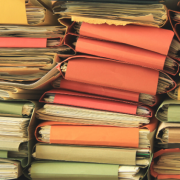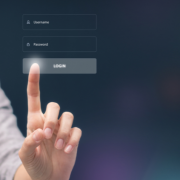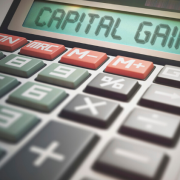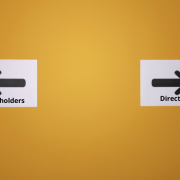Making Tax Digital for Business
The government have issued information on how Making Tax Digital for Business is expected to work for VAT once the rules are introduced in April 2019.
Under the proposed rules, which have been issued subject to consultation, VAT registered businesses with turnover over the VAT registration threshold will be required to submit their VAT return digitally using software. Businesses with a turnover above the VAT threshold (currently £85,000) will have to:
- keep their records digitally (for VAT purposes only) and
- provide their VAT return information to HMRC through Making Tax Digital functional compatible software.
It has also been confirmed that MTD will be available on a voluntary basis to other businesses, for both VAT and income tax.
Making Tax Digital Exemptions
Exemptions will be available where HMRC are satisfied the business is run by a practising member of a religious society or order whose beliefs are incompatible with the use of electronic communications, some insolvent businesses; or where HMRC are satisfied that it is not reasonably practicable to make a return using an electronic return system for reasons of disability, age, remoteness of location or any other reason.
The proposed rules include provisions that where a business is in scope for Making Tax Digital the business must use functional compatible software to meet the new requirements. This software will either be a software program or set of compatible software programs which can connect to HMRC systems via an Application Programming Interface (API). The functions of the compatible software include:
- keeping records in a specified digital form
- preserving digital records in a specified digital form
- creating a VAT return from the digital records and providing HMRC with this information digitally
- providing HMRC with VAT data on a voluntary basis and
- receiving information from HMRC via the API platform that the business has complied.
Businesses will need to preserve digital records in the software for up to six years. The digital records include:
- ‘designatory data’ including the business name, principal place of business and VAT registration number together with information about which VAT accounting schemes they use
- the VAT account that each VAT registered business must keep, by law, and
- information about supplies made and received.
Further information on the required information can be found in Annex 1.
The government will make the final detailed requirements available to the software providers by April 2018 to allow time for the software to be developed and tested prior to the rules coming into effect from April 2019.
VAT returns
Businesses within the scope of Making Tax Digital for VAT will be required to submit their VAT returns using their functional compatible software.
The information contained with the VAT return will be generated by pulling information from the digital records. This information will contain as a minimum the 9 boxes required for the completion of the VAT return but can also contain a specific data set of supplementary information, all of which will be pulled from the digital records.
Businesses submitting monthly or non-standard period returns will be able to continue to do so. The VAT annual accounting scheme will also be retained with the current conditions. Businesses making these types of returns will also be required to keep digital records and submit their VAT returns through software.
Under the new rules some businesses may choose to voluntarily provide further information:
- Periodic updates
Businesses will be able to submit VAT information more frequently than their VAT return obligations require on a voluntary basis as a ‘voluntary update’. - Supplementary data
HMRC believes that businesses and HMRC could benefit from the submission of supplementary data detailing how the figures in the return are arrived at. HMRC believe this additional data will help them target non compliance. The software will allow for the voluntary submission of supplementary VAT data as part of a VAT return or a voluntary update. This will allow HMRC to test with businesses the extent to which they and HMRC can benefit from such supplementary data.
Timescale
VAT is the first tax to be reportable under Making Tax Digital and businesses within the scope of Making Tax Digital will need to keep their records digitally, using approved Making Tax Digital functional compatible software, from 1 April 2019. The software will create the return from the digital records and this will need to be submitted under Making Tax Digital for return periods starting on or after 1 April 2019.
We will keep you informed of developments in this area and ensure we are ready to deal with the new requirements. Please contact us for more information.
Internet link: GOV.UK MTD VAT legislation overview
Check out the Accounting Wise services to see our Making Tax Digital compliant services.
